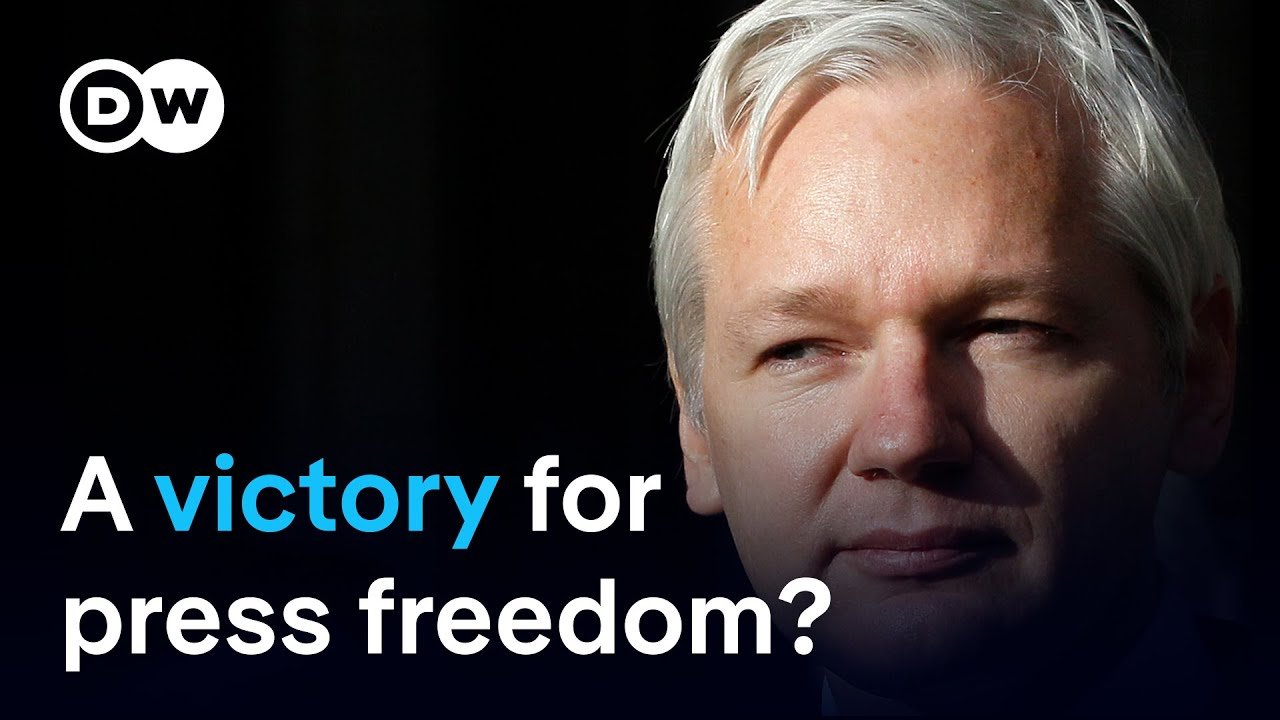- Julian Assange agreed to a plea deal with the U.S., admitting to violating the Espionage Act in return for freedom, accounting for time served in British detention.
- The deal ends Assange’s 14-year legal battle over his role in publishing classified documents through WikiLeaks, which sparked widespread debate on press freedom and national security.
- Assange’s case has generated mixed reactions, being seen as both a victory for journalism and as setting a complex precedent for press freedom due to the admission of guilt under the Espionage Act.
- The resolution prevents a judicial ruling that could have broadly impacted press freedom, but the plea agreement itself may cast a long shadow on journalism and whistleblowing.
- The Biden Administration, which continued the pursuit initiated by the Trump Administration, is believed to be relieved at the resolution, aiming to avoid creating a restrictive legacy on press freedom.
- Despite securing his freedom, Assange’s plea has raised concerns among journalists and free press advocates about the potential implications for others who expose state secrets.
- Assange is set to return to Australia, having spent nearly five years in UK detention, with his health and recovery prospects after years of confinement being a concern for his family and supporters.
- The case’s conclusion does not entirely close the book on the legal and ethical debates surrounding Assange’s actions, WikiLeaks’ publication decisions, and the broader implications for journalism.
DW News is a global news TV program broadcast by German public state-owned international broadcaster Deutsche Welle (DW).
AllSides Media Bias Rating: Center
https://www.allsides.com/news-source/deutsche-welle-media-bias
Official website: https://www.dw.com
Original video here.
This summary has been generated by AI.

Leave a Reply